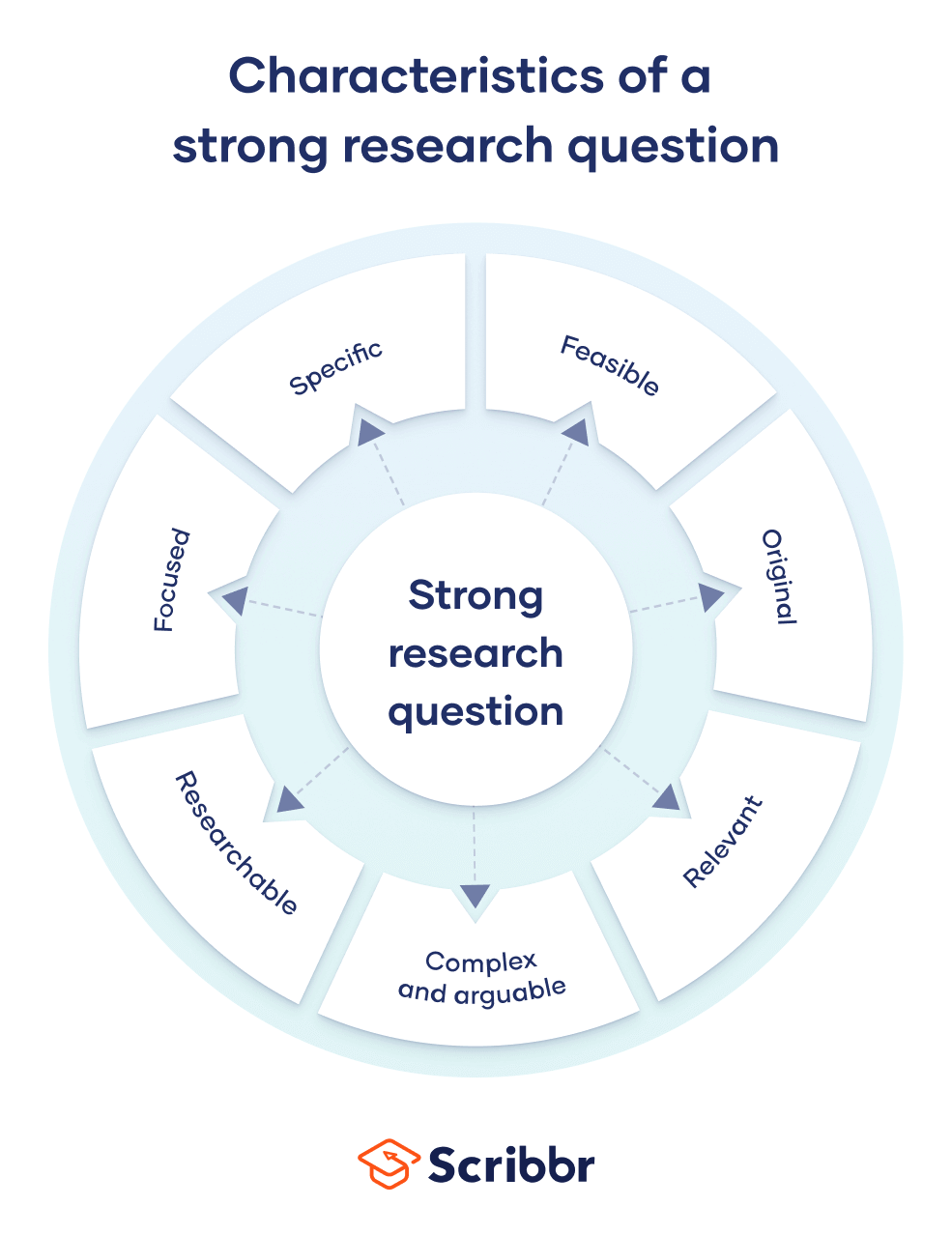Good sources for research are critical for any academic or scientific investigation. They provide the foundation for our understanding of a particular topic or issue, and can help us to draw informed conclusions and make informed decisions. However, not all sources are created equal, and it is important to carefully evaluate the sources you use to ensure that they are reliable, accurate, and relevant to your research.
One key criterion for evaluating sources is their credibility. This refers to the trustworthiness and authority of the source, and is especially important when it comes to research that will be used to inform policy, practice, or decision-making. Sources that are credible will typically have a strong reputation within their field and be written by experts or scholars who are recognized authorities on the topic.
Another important criterion is the objectivity of the source. This refers to the extent to which the source presents information in a balanced and unbiased manner. It is important to consider whether the source has any potential conflicts of interest, such as financial ties to organizations or industries that may be affected by the research.
In addition to these general criteria, it is also important to consider the relevance of the source to your research. This means evaluating whether the source is directly related to the topic you are studying and whether it provides valuable information or insights that will help you to better understand the issue at hand.
There are many types of sources that can be used for research, including primary sources, secondary sources, and tertiary sources. Primary sources are original documents or materials that were created at the time of the event or phenomenon being studied. These can include things like diaries, letters, photographs, and other firsthand accounts. Secondary sources are works that are based on or interpret primary sources, such as textbooks or review articles. Tertiary sources are compilations of primary and secondary sources, such as encyclopedias or dictionaries.
In order to find good sources for research, it is important to use a variety of different strategies and approaches. This may include searching online databases, consulting with experts in the field, and reviewing the literature in relevant academic journals. It is also important to be mindful of the potential biases or limitations of your sources and to consider how these might impact your research.
In conclusion, good sources for research are an essential component of any academic or scientific investigation. They provide the foundation for our understanding of a particular topic or issue and help us to draw informed conclusions and make informed decisions. By carefully evaluating the credibility, objectivity, and relevance of the sources we use, we can ensure that our research is based on reliable and accurate information.

:max_bytes(150000):strip_icc()/market-research-4193183-final-c8241cc0461e40b7b5d0396866f4f381.png)





